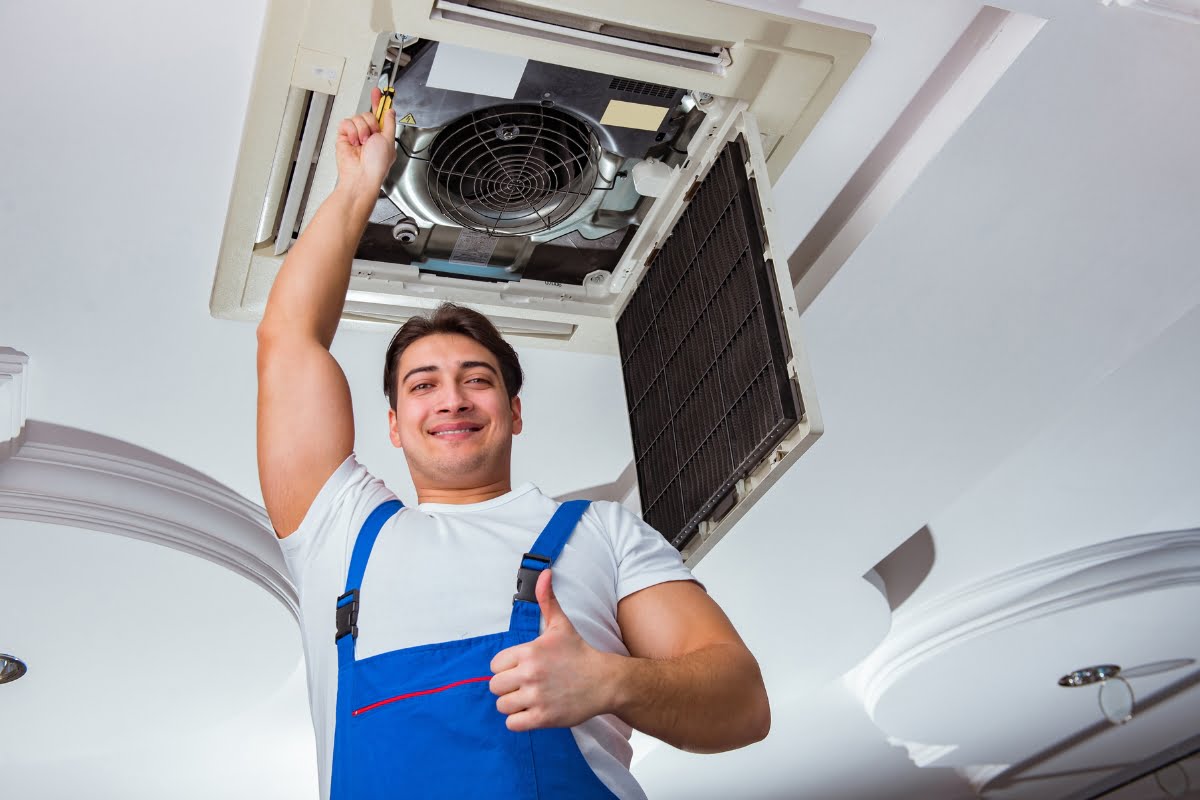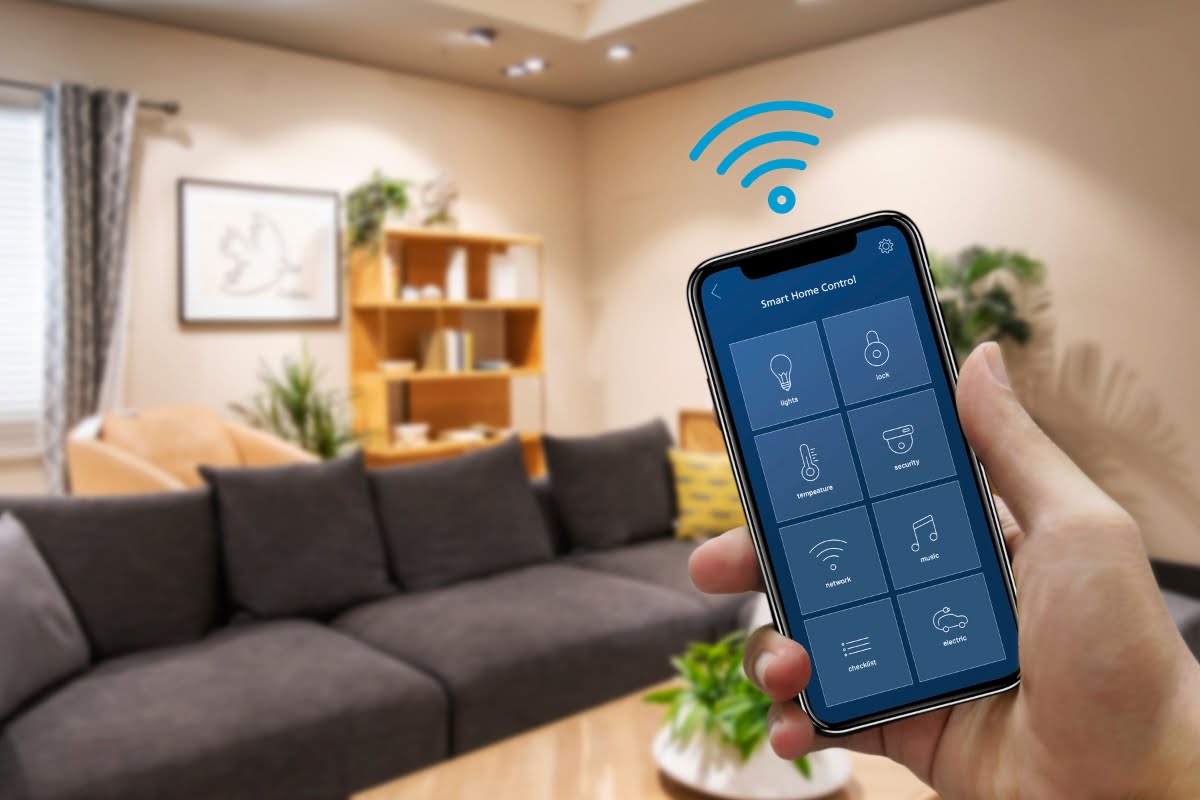In the quest for a comfortable and energy-efficient home, insulation plays a vital role in maintaining indoor temperatures and reducing energy consumption.
Proper insulation not only enhances comfort by regulating indoor temperatures but also helps minimize energy bills by preventing heat transfer. In this guide, we’ll explore the importance of home insulation energy savings and maximizing comfort.
From understanding different insulation materials and installation techniques to identifying areas of heat loss and implementing energy-saving strategies, this guide will provide homeowners with the knowledge and tools needed to optimize their home’s insulation and reap the benefits of increased comfort and reduced energy costs.
Whether you’re looking to upgrade existing insulation or planning new construction, get ready to transform your home into an energy-efficient haven where comfort and savings go hand in hand.
Saving Money and the Environment: The Power of Home Insulation Energy Savings
Understanding Home Insulation: The Science Behind Comfort and Savings

Before we dive into the benefits of proper insulation and the different types of insulating materials, it’s important to understand the science behind home insulation.
Insulation works by creating a barrier between the inside and outside of your home, preventing heat transfer. In simpler terms, it keeps the warm air inside during winter and blocks out the hot air during summer.
The primary goal of insulation is to maintain a comfortable indoor temperature while reducing the need for excessive heating or cooling. By doing so, it not only enhances your comfort but also helps you save on energy costs. When your home is properly insulated, you’ll rely less on heating and cooling systems, resulting in lower utility bills.
Insulation works through its thermal resistance or R-value. The higher the R-value, the better the insulation’s ability to resist heat flow. Different areas of your home may require different levels of insulation depending on factors such as climate conditions and building materials.
Benefits of Proper Insulation: Enhancing Comfort and Reducing Energy Costs
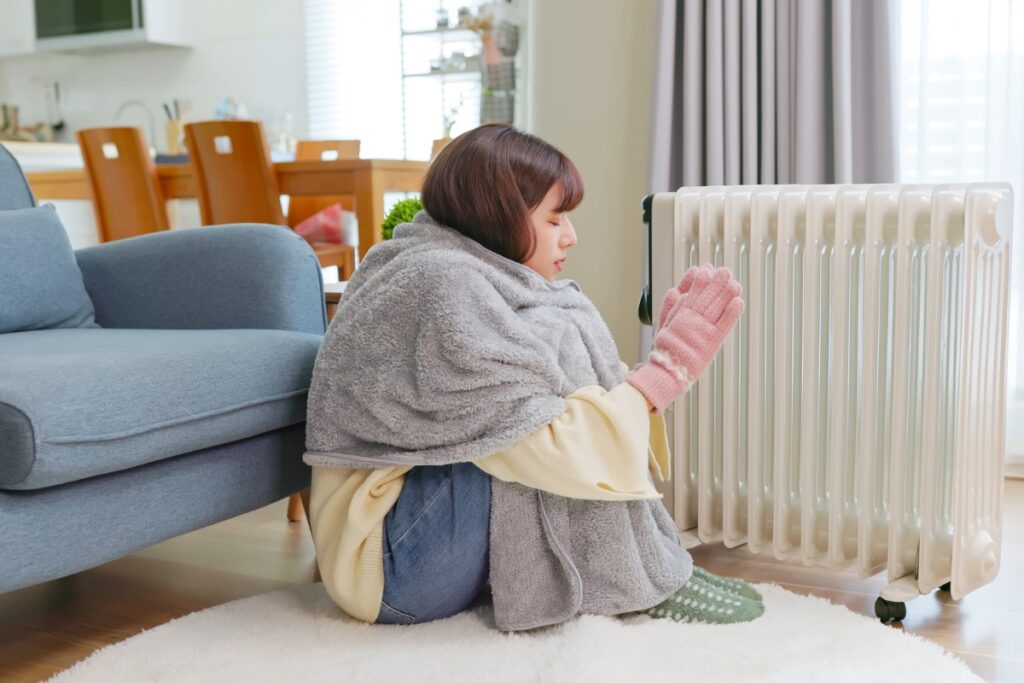
Proper insulation in your home plays a crucial role in enhancing overall comfort levels and reducing energy costs. By focusing on home insulation energy savings, you can not only create a more pleasant living environment but also save significantly on your energy bills.
Effective insulation helps in maintaining a consistent temperature within your home, regardless of the weather conditions outside. During hot summers, it keeps the indoor space cool, while in cold winters, it traps the heat inside, creating a cozy atmosphere. This means you can enjoy a comfortable living space throughout the year without experiencing extreme temperature fluctuations.
One of the significant benefits of investing in home insulation is the substantial savings on energy costs. When your home is well-insulated, it reduces the strain on your heating and cooling systems. As a result, your HVAC systems operate more efficiently, consuming less energy to maintain the desired temperature. This, in turn, leads to lower energy bills month after month.
Additionally, proper insulation helps in preventing energy wastage by minimizing heat loss or gain through walls, ceilings, and floors. By sealing any air leaks and insulating key areas in your home, you can create a more energy-efficient environment. This not only reduces your carbon footprint but also contributes to a more sustainable lifestyle.
Another advantage of adequate home insulation is the improved indoor air quality. By creating a barrier against outdoor pollutants, allergens, and moisture, insulation helps in maintaining a healthier living environment for you and your family. This can lead to fewer respiratory issues, allergies, and overall better health outcomes.
Exploring Different Types of Insulating Materials for Homes
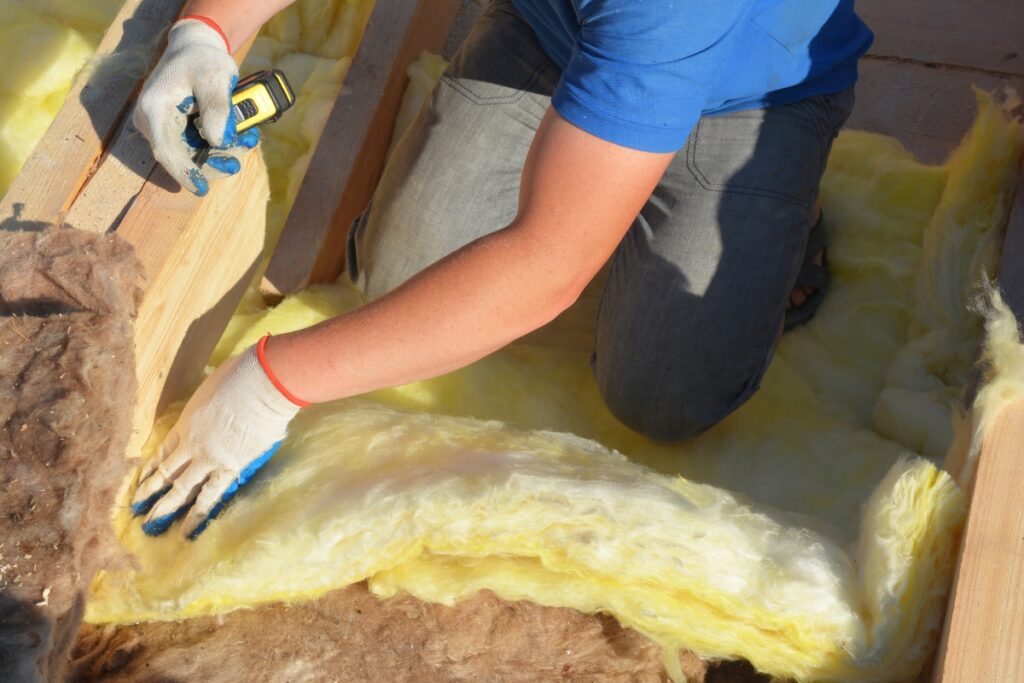
When it comes to maximizing home insulation energy savings, choosing the right insulating materials is crucial. There are various types of insulating materials available in the market that can help you create a comfortable and energy-efficient home while reducing your utility bills. Let’s explore some of the most popular options:
Fiberglass Insulation:
- One of the most common types of insulation used in homes.
- Made of tiny glass fibers and often installed as batts or rolls.
- Provides excellent thermal insulation and is relatively affordable.
Cellulose Insulation:
- Made from recycled paper materials treated with fire-retardant chemicals.
- Eco-friendly option that offers good resistance to airflow.
- Can be blown or sprayed into walls, attics, and floors for better coverage.
Spray Foam Insulation:
- Comes in two types: open-cell and closed-cell.
- Provides a superior air barrier, sealing gaps and cracks effectively.
- Offers high R-values, ensuring excellent thermal resistance.
Mineral Wool Insulation:
- Made from molten glass, stone, or slag.
- Known for its fire-resistant properties and soundproofing capabilities.
- Ideal for areas prone to moisture as it doesn’t absorb water easily.
Reflective Insulation:
- Consists of aluminum foils with a reflective surface.
- Reflects heat away from the living space, keeping it cooler in hot climates.
- Often used in attics, walls, and roofs to reduce radiant heat transfer.
By choosing the right combination of these insulating materials based on your home’s specific needs and climate, you can effectively enhance your home insulation energy savings. Proper installation of these materials by professionals is essential to ensure maximum efficiency and performance.
Remember, investing in quality insulation upfront can lead to significant long-term savings on your energy bills while keeping your home comfortable throughout the year.
Insulation for Attics: Key Strategies for Efficient Energy Savings
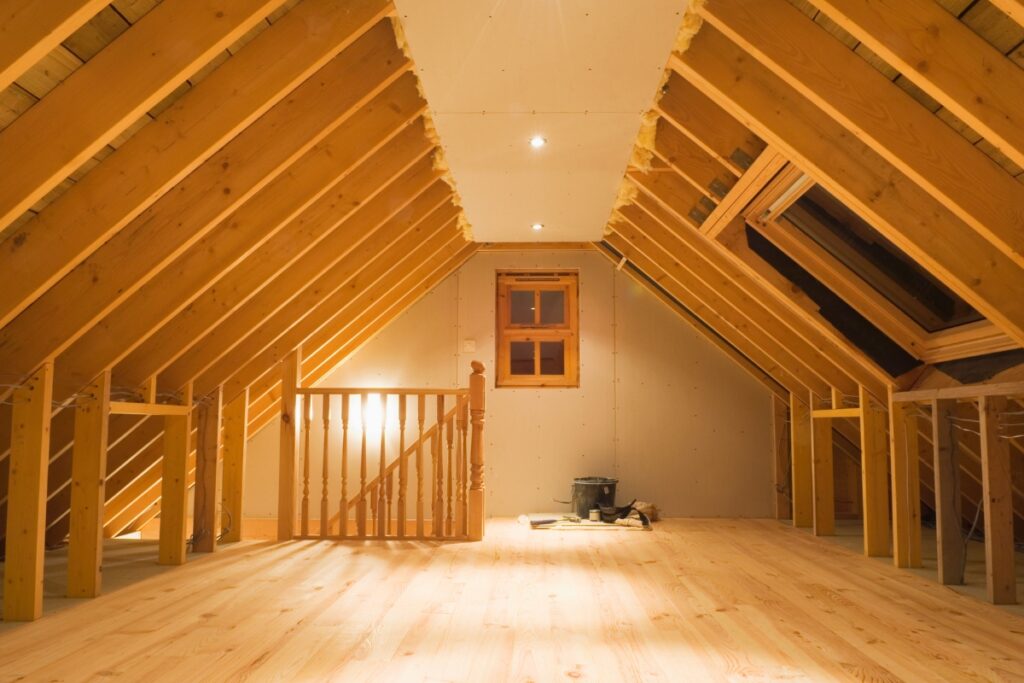
Insulating your attic is a fundamental step in enhancing your home’s energy efficiency and overall comfort. By sealing any gaps or cracks in the attic, you can prevent heat loss during the winter and keep your home cool in the summer. This process not only improves insulation but also helps in reducing energy consumption.
One of the key strategies for achieving optimal energy savings through home insulation is to choose the right type of insulation material. Consider factors such as R-value, which indicates the material’s thermal resistance. Opt for high-quality insulation with a suitable R-value to ensure maximum effectiveness in regulating your home’s temperature.
Proper ventilation is another critical aspect to focus on when insulating your attic for energy savings. Adequate airflow helps in preventing moisture buildup, which can compromise the insulation’s efficiency over time. By maintaining proper ventilation, you can prolong the lifespan of your insulation and ensure consistent energy savings.
Additionally, conducting regular inspections and maintenance of your attic insulation is essential for long-term energy efficiency. Look out for any signs of wear and tear, water damage, or pest infestations that may affect the insulation’s performance. Addressing these issues promptly can help you avoid energy losses and costly repairs in the future.
Wall Insulation: Maximizing Thermal Performance and Comfort
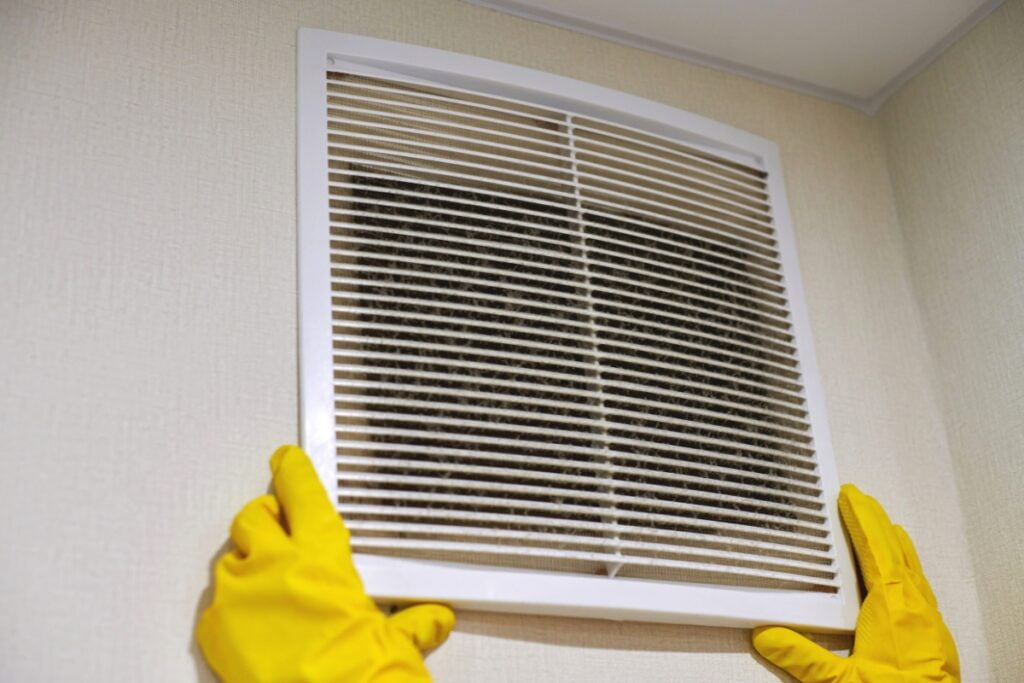
When it comes to enhancing the thermal performance and overall comfort of your home, wall insulation plays a crucial role. By strategically insulating your walls, you can effectively reduce energy consumption, lower utility bills, and create a more comfortable living environment. Let’s delve deeper into how you can maximize the benefits of wall insulation for optimal results.
Proper wall insulation is a key component of improving energy efficiency in your home. By preventing heat transfer through the walls, insulation helps maintain a consistent indoor temperature, reducing the need for excessive heating or cooling. This, in turn, leads to significant energy savings and a more sustainable household.
In addition to insulation, sealing air leaks in walls is essential for maximizing energy savings. Common areas for air leaks include gaps around windows, doors, and electrical outlets. By properly sealing these gaps and cracks, you can enhance the overall efficiency of your insulation and reduce energy waste.
Regular monitoring and maintenance of your wall insulation are crucial for long-term performance. Conduct periodic inspections to check for signs of wear, water damage, or pest infestations that may compromise the insulation’s effectiveness. Address any issues promptly to ensure continued thermal comfort and energy efficiency in your home.
Floor Insulation: Enhancing Comfort and Minimizing Heat Loss
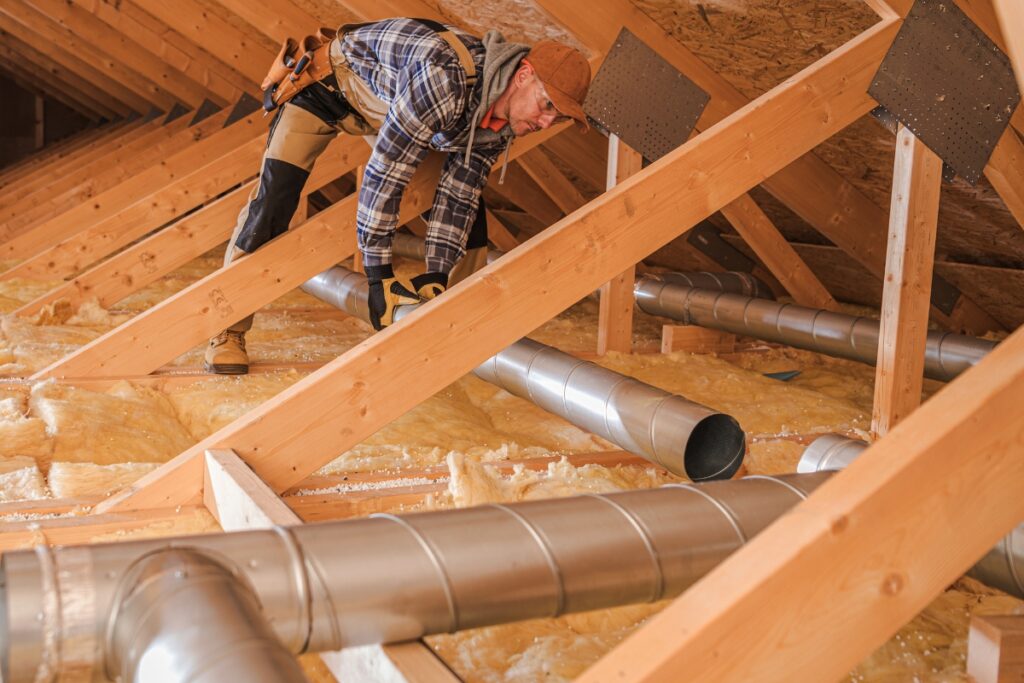
When it comes to maximizing comfort and minimizing bills in your home, one essential aspect to consider is floor insulation. Effective floor insulation plays a crucial role in maintaining a comfortable indoor temperature while reducing heat loss. By focusing on home insulation energy savings, you can enhance the overall energy efficiency of your living space.
Floor insulation acts as a barrier between the interior of your home and the external environment. By effectively insulating your floors, you can prevent heat from escaping during the colder months, thus reducing the need for excessive heating. This not only enhances comfort but also helps in minimizing energy bills by lowering the overall energy consumption required to maintain a cozy atmosphere indoors.
One of the key benefits of floor insulation is its ability to create a thermal barrier that prevents heat transfer between the floor and the ground. This is particularly important for rooms located above unheated spaces such as basements or crawl spaces. Properly insulated floors can help regulate the temperature within these rooms, making them more comfortable throughout the year.
Moreover, floor insulation also contributes to soundproofing your home by reducing noise transmission between different levels of the house. This can significantly improve the overall quality of living by creating a quieter and more peaceful indoor environment.
When considering home insulation energy savings, it is essential to choose the right type of insulation material for your floors. Options such as fiberglass, foam board, or spray foam insulation can effectively insulate your floors and provide long-term energy efficiency benefits. Consulting with insulation specialists can help you determine the most suitable insulation solution based on your home’s specific requirements.
Insulating Windows and Doors: Improving Energy Efficiency and Comfort
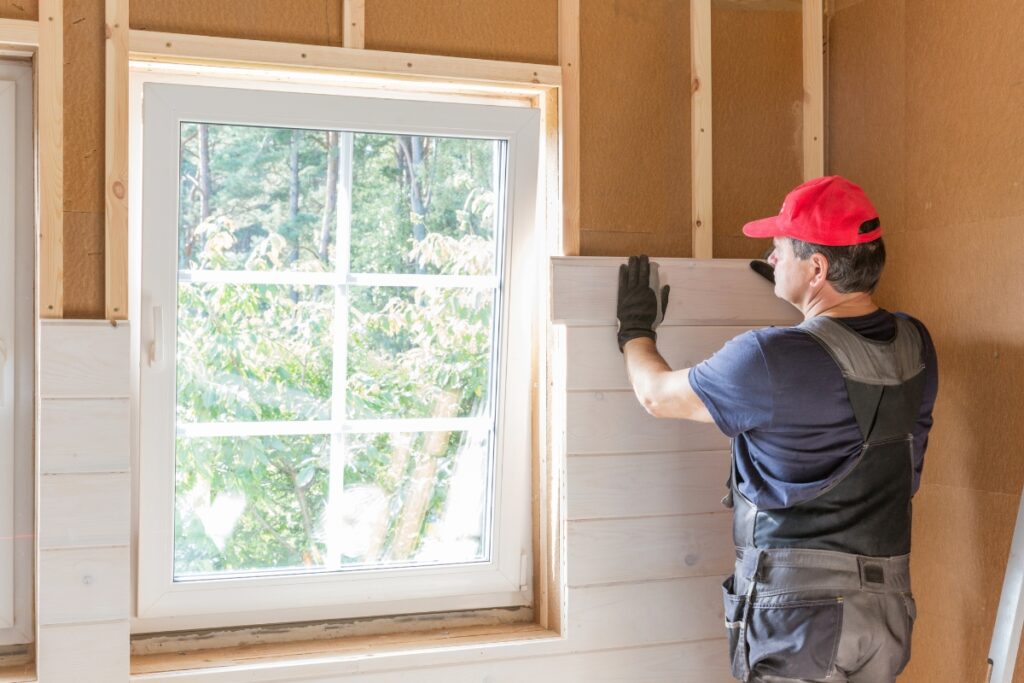
Insulating windows and doors is a key aspect of enhancing energy efficiency and comfort within your home. By effectively insulating these areas, you can significantly reduce energy loss, thereby maximizing your home insulation energy savings and creating a more comfortable living environment.
When it comes to home insulation energy savings, windows and doors play a crucial role. These areas are typically prone to air leakage, which can result in significant heat loss during the winter months and heat gain during the summer months. By properly insulating your windows and doors, you can create a more airtight seal, preventing unwanted drafts and maintaining a consistent indoor temperature throughout the year.
One of the most common ways to insulate windows is by installing double-pane or triple-pane windows. These windows consist of multiple layers of glass with insulating gas in between, providing better thermal resistance and reducing heat transfer. Additionally, using weatherstripping around window and door frames can help seal any gaps and prevent air leakage, further improving energy efficiency.
Another effective method for insulating windows and doors is by using insulating window films or cellular shades. These products act as a barrier to heat transfer, helping to keep your home cool in the summer and warm in the winter. Additionally, adding door sweeps to the bottom of exterior doors can prevent cold drafts from entering your home, enhancing overall comfort.
Conclusion: Transforming Your Home into an Energy-Efficient Haven
Investing in professional insulation services ensures long-term energy savings and a high-quality installation. So, take the first step towards a more comfortable and cost-effective home by exploring the insulation options available to you. Embrace the power of home insulation energy savings and enjoy the many benefits it brings.
Maximize your home comfort and minimize your energy bills with expert heating and cooling services from A.D. Campbell HVAC. Our team specializes in providing efficient solutions tailored to your needs. Contact us today at (404) 882-8226 or send in a service request to learn more and schedule a consultation. Let us help you create a more energy-efficient and comfortable home environment.




